Peat Extraction
Peat extraction in Ireland has a long history, deeply intertwined with the country’s cultural and economic development. For centuries, peat, or turf, has been harvested from Ireland’s bogs and used as a primary source of fuel for heating homes and cooking. However, this practice has had significant environmental consequences. The large-scale extraction of peat has led to the degradation of bog ecosystems, resulting in the loss of biodiversity, disruption of natural water regulation, and the release of stored carbon, contributing to greenhouse gas emissions.
Recognising these impacts, Ireland has increasingly moved towards phasing out peat extraction, especially in light of climate change commitments and the need to preserve remaining bogs for their ecological value. Transitioning away from peat has sparked debates about energy security and economic impacts, particularly for communities historically dependent on this resource. Nonetheless, efforts are now focused on restoring degraded peatlands, which are vital for carbon storage, biodiversity conservation, and supporting Ireland’s environmental goals.

